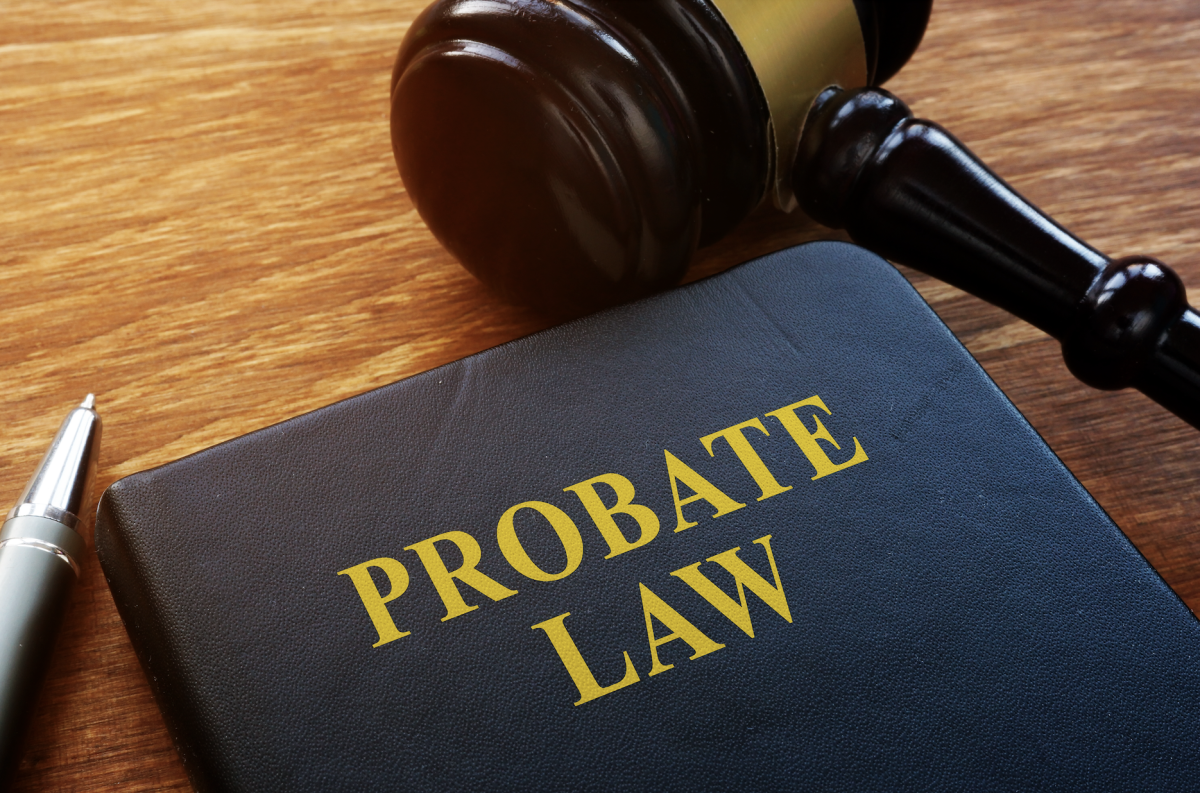Dealing with the loss of a loved one is undeniably challenging, and the legal process that follows can seem overwhelming. The probate process, which involves the distribution of a deceased person's assets and settling their affairs, plays a vital role in ensuring a fair and orderly transition. In this article, we'll walk you through the four main steps of probate while shedding light on the benefits of enlisting the expertise of a probate attorney.
Step 1: Filing the Petition
The probate process begins with filing a petition with the appropriate court. This step initiates the legal proceedings and appoints an executor or personal representative to oversee the estate. The court verifies the validity of the will, or in the absence of one, appoints an administrator to distribute the assets according to the state's laws. Filing the petition sets the stage for the journey ahead.
Step 2: Inventory and Appraisal
After the court's appointment, the executor or personal representative takes on the responsibility of creating an inventory of the deceased person's assets. This includes cataloging their property, bank accounts, investments, and any outstanding debts. Additionally, an appraisal may be required to determine the value of certain assets. Although this step can be time-consuming, it is essential to establish an accurate picture of the estate's worth.
Step 3: Paying Debts and Taxes
During probate, outstanding debts and taxes must be settled before the assets can be distributed to the beneficiaries. The executor or personal representative reviews the claims from creditors, evaluates their validity, and pays them using the estate's funds. Simultaneously, they work with accountants or tax professionals to address any tax obligations of the deceased and the estate. Clearing these financial obligations ensures a fair distribution of assets and prevents future complications.
Step 4: Asset Distribution and Estate Closure
Upon satisfying all debts and tax obligations, the final step of probate involves distributing the remaining assets to the beneficiaries as outlined in the will or determined by state law. The executor or personal representative facilitates this process, ensuring that the assets are transferred correctly and according to the deceased person's wishes. Once the distribution is complete, the estate can be officially closed, bringing the probate process to a conclusion.
The Benefits of Hiring a Probate Attorney:
While it is possible to navigate the probate process independently, seeking the assistance of a knowledgeable probate attorney can provide significant advantages. Here are a few benefits worth considering:
1. Legal Expertise:
Probate laws can be complex, and an experienced attorney can guide you through the process, ensuring compliance with all legal requirements. Their expertise helps prevent errors and delays that could otherwise prolong the probate proceedings.
2. Efficient Administration:
Handling the probate process involves numerous tasks, paperwork, and court appearances. A probate attorney can alleviate the burden by managing these responsibilities on your behalf, saving you time and effort during an emotionally challenging period.
3. Conflict Resolution:
In cases where disputes or conflicts arise among beneficiaries, a probate attorney acts as a mediator, helping to resolve conflicts and maintain family harmony. Their impartial guidance can often prevent costly and protracted legal battles.
4. Asset Protection:
Probate attorneys offer valuable advice on estate planning strategies that can help protect your assets and minimize estate taxes. They can help structure your affairs in a way that maximizes the benefits for your loved ones while ensuring your wishes are honored.
Conclusion:
The probate process, with its four main steps of filing the petition, inventory, and appraisal, paying debts and taxes, and asset distribution, plays a crucial role in settling the affairs of a deceased individual. While it is possible to navigate probate independently, enlisting the services of a probate attorney offers numerous benefits. From their legal expertise and efficient administration to conflict resolution and asset protection, a probate attorney can guide you through the process, ensuring a smooth and successful journey as you honor your loved one's wishes and navigate the complexities of probate.
Montana Elder Law in Missoula, MT is highly experienced in probate law and specializes in simplifying, and navigating, the probate process. Their experienced team understands the intricacies involved and can guide you seamlessly through each step, ensuring that probate is a straightforward and low-stress experience.
For more information about probate in Montana and how Montana Elder Law can assist you, visit their website at mtelderlaw.com. Trust Montana Elder Law to handle your probate matters with expertise and professionalism.



